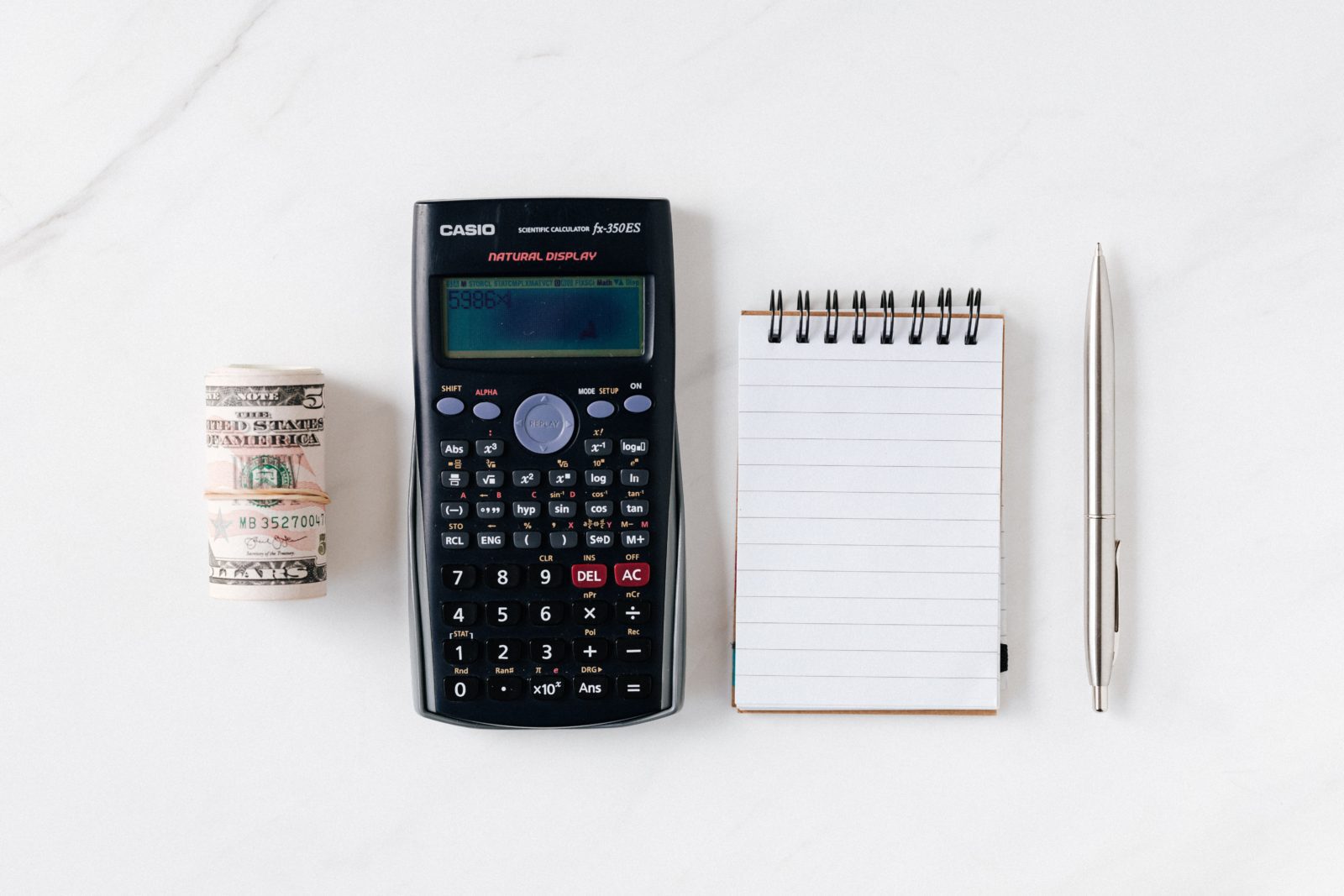The current account balance of the Czech Republic, which reflects the country’s economic relations with the rest of the world, ended last year with a record deficit of CZK 260.2 billion. This was announced by the Czech National Bank (CNB) on Monday.
The CNB attributed the development to a sharp drop in the surplus of trade in goods and services and a deterioration in the balance of primary incomes, including profits and dividends from abroad. On the other hand, there was a slight improvement in the proportion of secondary incomes, including transfers from the European Union.
The deficit in the trade balance last year amounted to CZK 331.2 billion, while the surplus in the services balance decreased by CZK 31.5 billion to CZK 151.5 billion. The balance of primary incomes worsened from CZK 5.5 billion to a deficit of CZK 54.8 billion. The balance of secondary payments improved from CZK 14 billion to a surplus of CZK 25.1 billion.
According to the CNB, the sharp drop in the trade surplus was a significant increase in imports, which grew by 19.2% year-on-year. In contrast, exports increased by only 13.5%. The growth of imports was mainly driven by the strong domestic demand resulting from the release of pent-up savings and the economy’s recovery after the coronavirus pandemic.
The CNB expects the current account balance to remain in deficit this year but will be significantly lower than in 2021, mainly due to the anticipated improvement in trade in goods and services.





